West’s ‘provocative’ policies against Russia not correct, says Turkey's Erdogan
Turkish President Recep Tayyip Erdogan said on Wednesday he does not think the “provocative” policies adopted by the West against Russia were correct after the European Union and Group of Seven (G7) nations proposed a price cap on Russian gas.
The Turkish leader made the comments at a joint press conference with his Serbian counterpart in Belgrade, two days after Russian President Vladimir Putin threatened to halt all supplies if the EU went ahead with such a step, raising the risk of rationing in the Western countries this winter.
“No need to list the names but I can clearly say that I do not find the stance that the West is adopting is correct. Because there is a West that is leading a policy based on provocation, it will not be possible to achieve a result there,” said Erdogan.
He said other countries should not underestimate Russia against the backdrop of a proposal by the European Union and G7 for a price cap on Russian gas.
Since Russia began a “special military operation” in neighboring Ukraine on February 24, the United States and its European allies have imposed waves of sanctions against Moscow, warning other countries against doing business with Russia’s sanctioned companies and individuals.
Turkey, despite being a NATO member, maintains good relations with Russia even after the onset of the operation. This has angered the US, which is becoming alarmed that Moscow and Russian businesses are allegedly using Turkey to evade Western financial and trading restrictions against the Kremlin.
Last month, the Turkish Industry and Business Association (Tusiad), Turkey’s leading business association, said it had received a letter from US Deputy Treasury Secretary Wally Adeyemo, warning of possible sanctions risks if firms continue doing business with banned Russian entities and individuals.
Turkey and Russia are currently stitching their economies more tightly together, making Washington and its allies worried that the burgeoning relationship could weaken the effects of sanctions imposed on the Kremlin.
“Because the U.S. and EU countries closed their doors to Russia, Russia turned to Turkey,” said Gıyasettin Eyyupkoca, the head of the Laleli Industrialists and Businessmen’s Association, an industry group for Turkish trade with Russia.
On Tuesday, Erdogan denounced Europe for imposing sanctions against Russia. “Europe is actually reaping what it sowed. Putin is using all his means and weapons, and the most important of these is natural gas. Unfortunately, – we wouldn't want this but – such a situation is developing in Europe,” the Turkish leader said at a press conference in Ankara. “I think Europe will experience serious problems this winter. We do not have such a problem.”
The Kremlin blames disruption to equipment maintenance caused by Western sanctions for its halt to the flow of gas through the Nord Stream 1 pipe.
Gazprom, the Russian gas giant, suspended natural gas flows to Europe via Nord Stream 1 pipeline last Wednesday. Two days later, it said it would halt gas supplies through the key pipeline because of a technical fault, which it blamed on difficulties repairing German-made turbines in Canada.
The EU has already removed some sanctions against Moscow explicitly to allow the turbines to be repaired. European leaders have also said there is nothing to prevent Gazprom from providing the continent with gas and has accused the Kremlin of “weaponizing” its energy exports.
Iran cuts gold import tariff to zero
Pezeshkian: Iran determined to develop, boost ties with neighbors
VIDEO | Israel, Hamas ceasefire agreement: Closer than ever
VIDEO | Gaza ceasefire to be put in place under resistance conditions
Hot water and sewage: Palestinians share harrowing tales of torture in Israeli prisons
VIDEO | Thousands evacuated in Ethiopia amid earthquakes, volcanic eruption fears
Revealed: Israeli ministers eye restoration of illegal settlements in Gaza through genocide
How Los Angeles’ pistachio tycoons facilitated and profited from wildfires


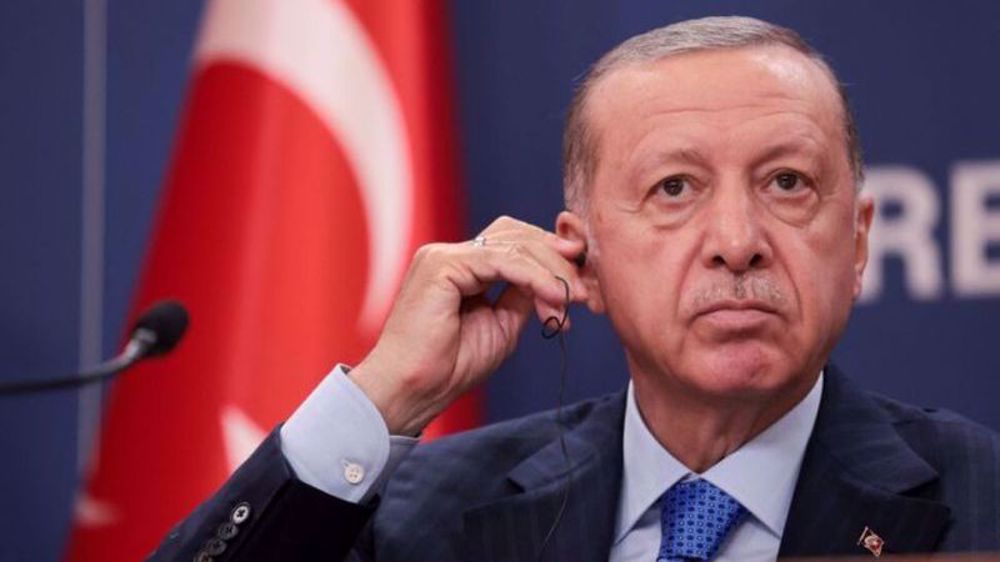
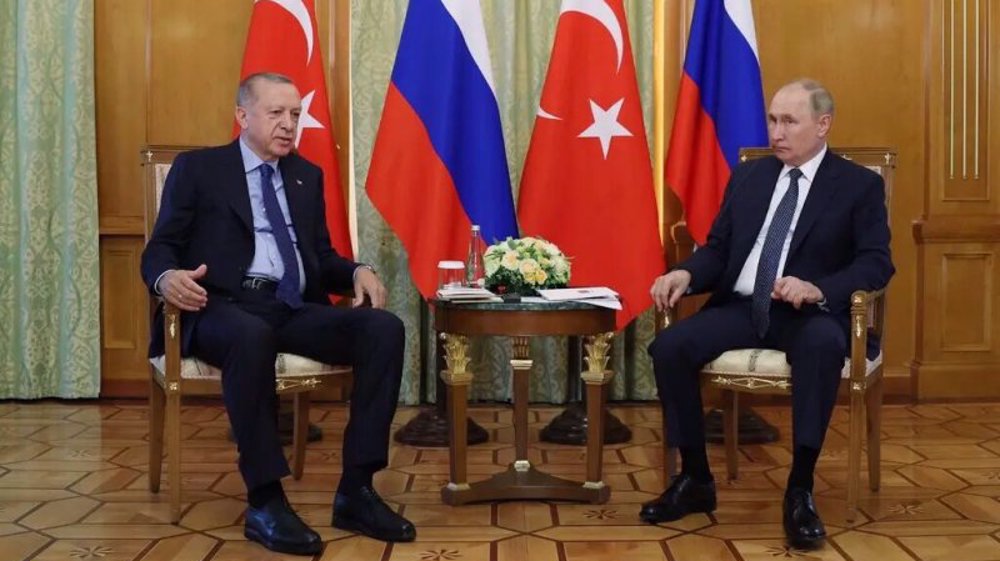
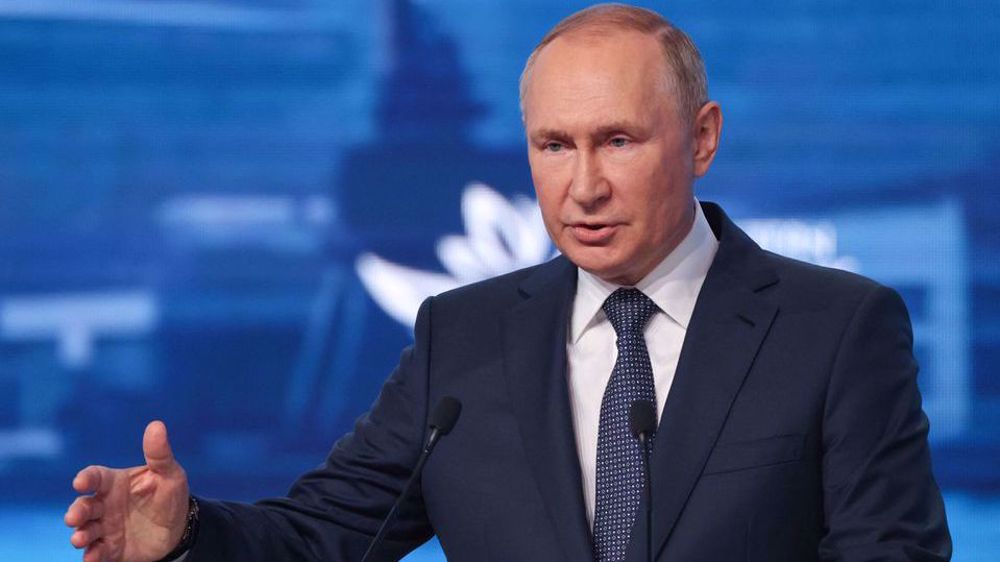

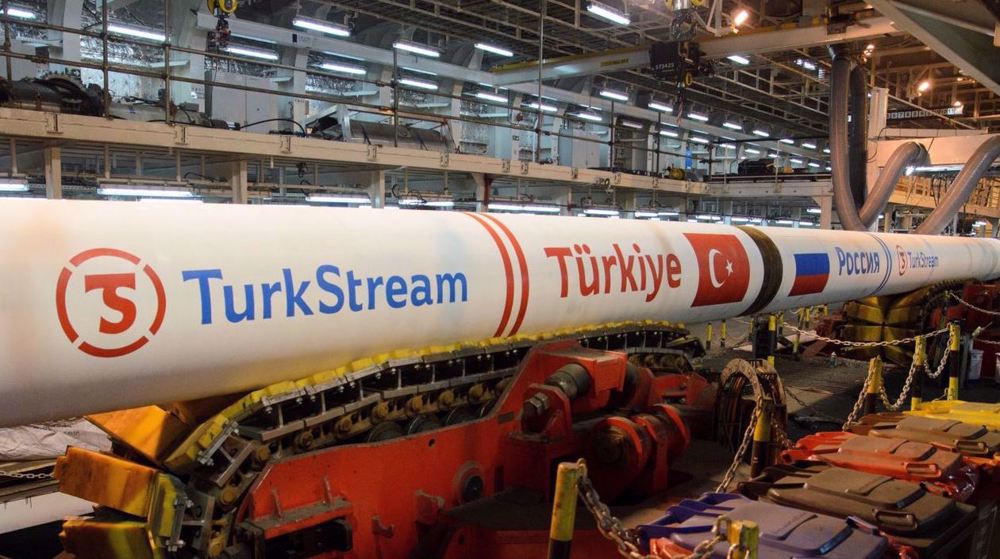
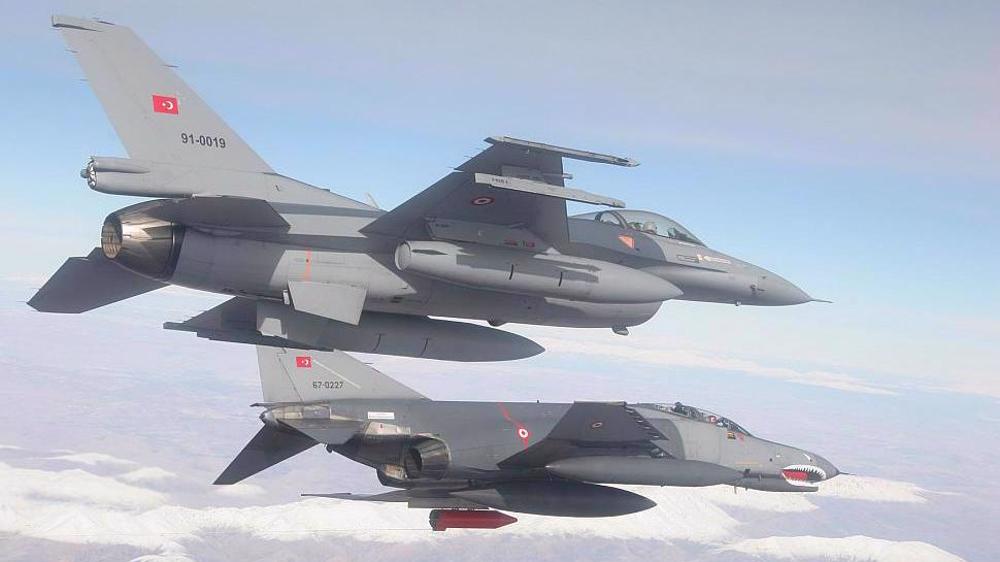




 This makes it easy to access the Press TV website
This makes it easy to access the Press TV website